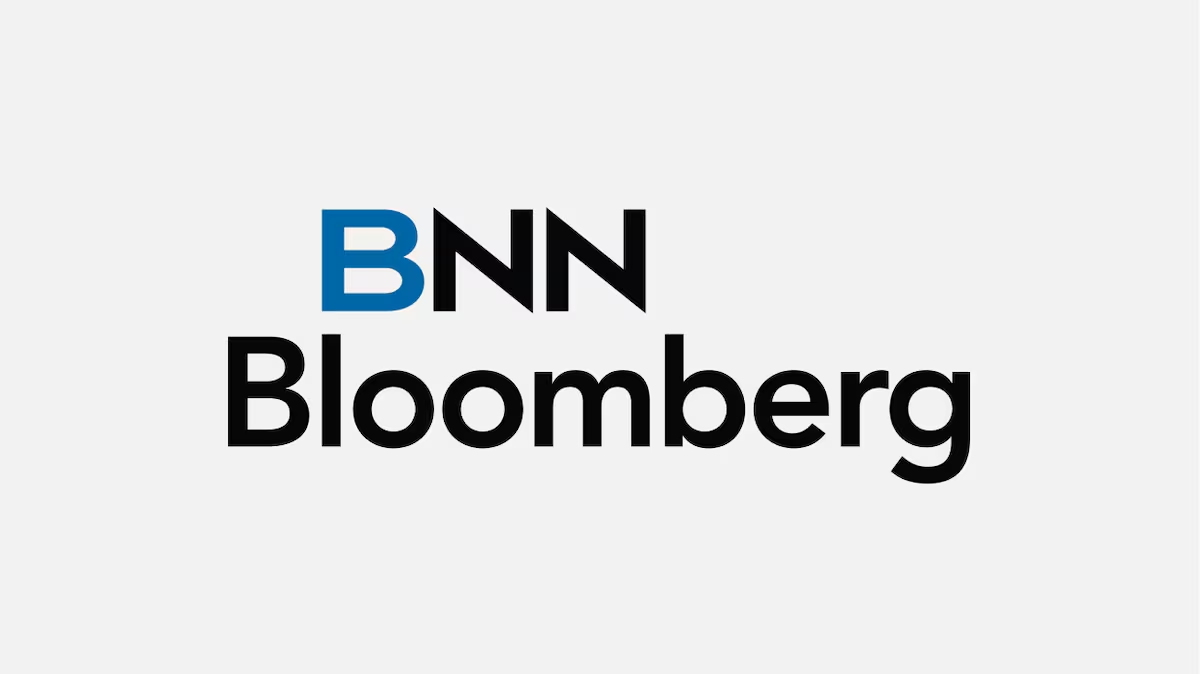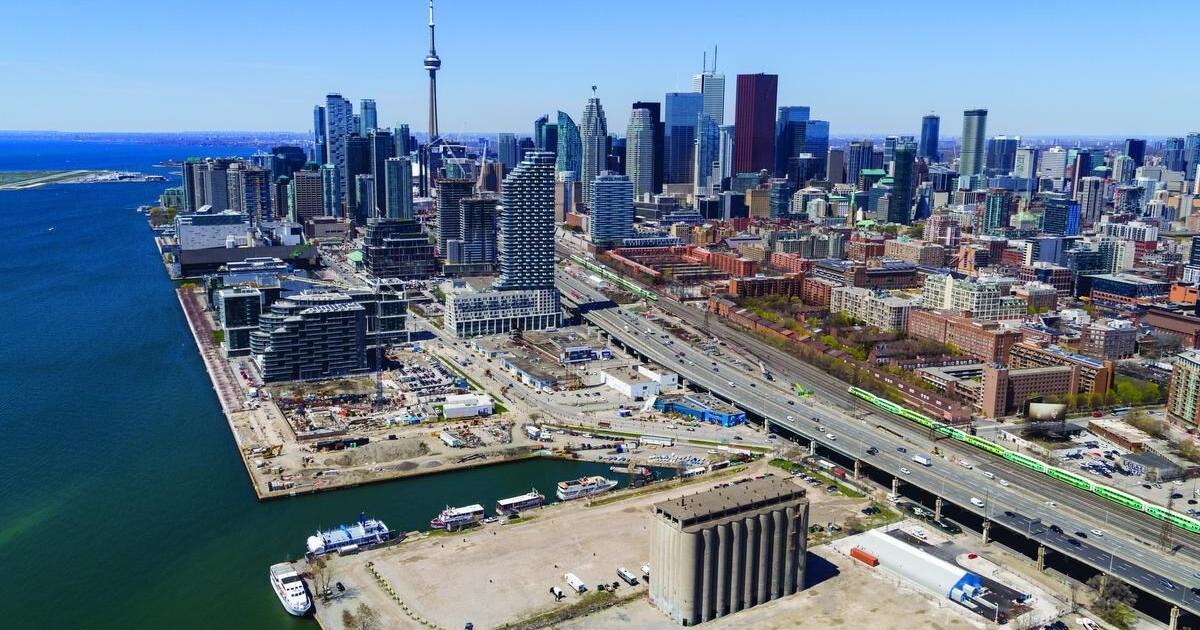Across its businesses, Google plays god, making choices for consumers about which they are not aware. Consider for example, Google Maps or Waze. In both cases, Google practices “load balancing,” diverting some drivers to slower routes to maintain relative efficiency for the rest. Google also accepts payment from merchants in exchange for routing potential customers past their location. Consumers are not aware that Google may route them suboptimally due to load balancing or commercial considerations.
At the scale of a smart cities project like the Toronto waterfront, Google’s authoritarian tendencies are likely to be far more intrusive – and potentially harmful – than is generally the case with Maps and Waze. The quantity of data collected will be unprecedented, as will be the potential for abuse. There are currently few restrictions on the commercial exploitation of private data, leaving consumers with no hope of safety and little recourse for harm.




